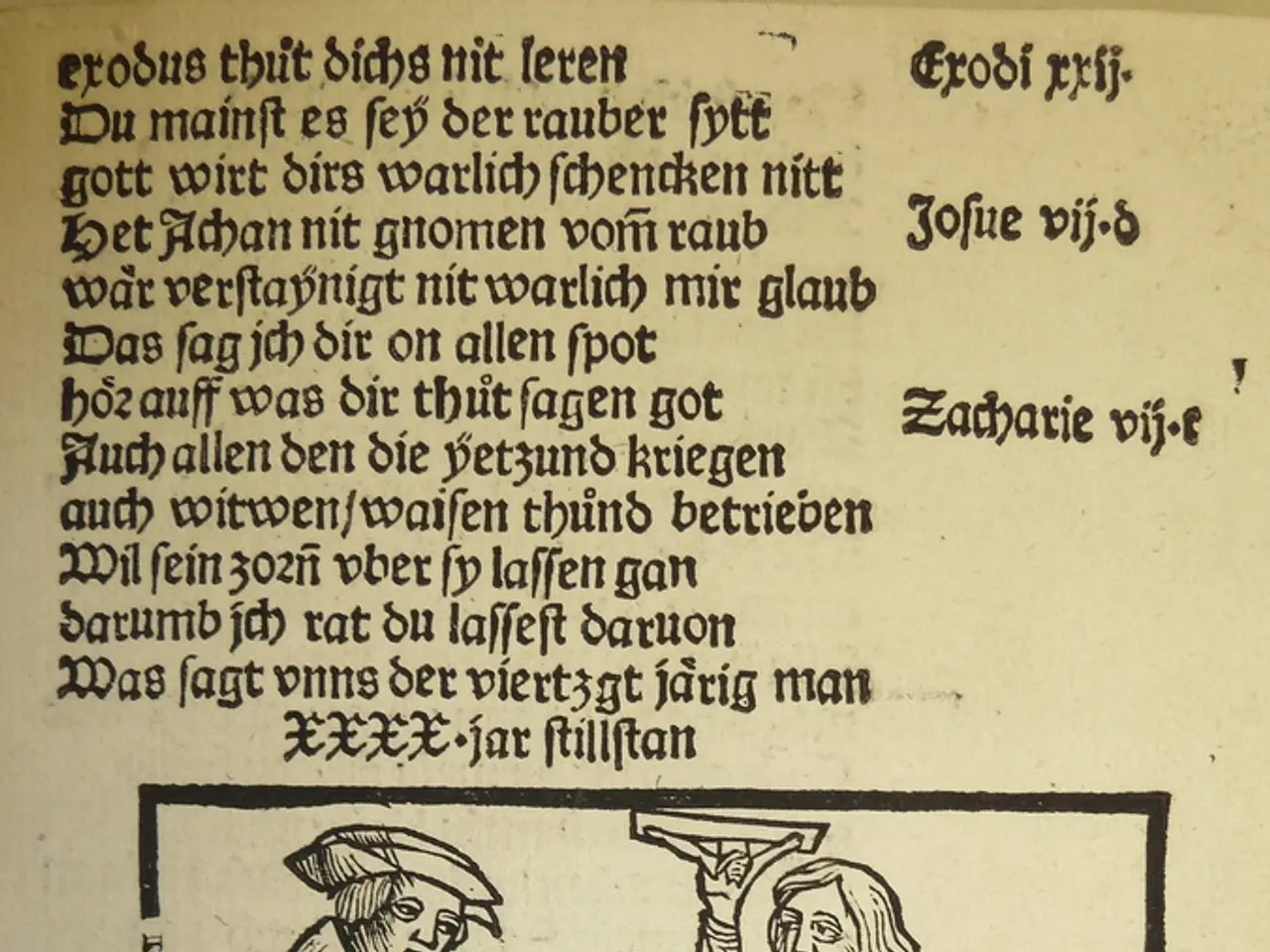John Jay's Stealthy Role in the Revolutionary War
John Jay: A Founding Father and Diplomat Extraordinaire
Born in 1745 in New York City, John Jay would go on to become one of the most influential figures in the early history of the United States. His dedication to principles of governance and the foundational structures of the nation has shaped the trajectory of the United States.
Jay's impact on the American Revolution surpassed conventional realms, extending into advocacy and nation-building. As a member of the Continental Congress during the Revolutionary War, he played a pivotal role in the foundational stages of the United States, serving as a delegate and helping to draft the Constitution.
Jay's diplomatic efforts during the Revolutionary War were indispensable in garnering crucial support for the American cause. He negotiated the Treaty of Paris in 1783, formally acknowledging American independence. His diplomatic skills extended to the international arena, significantly contributing to the negotiation of the Treaty of Paris, which ended the Revolutionary War.
One of Jay's key contributions during the war was securing critical foreign assistance, particularly from Spain, between 1779 and 1782. This support was vital to the revolution's success.
Beyond his war-time roles, Jay contributed significantly to the founding political framework of the United States. He co-authored five essays of the Federalist Papers, advocating for the ratification of the U.S. Constitution and promoting a strong central government, which he viewed as essential for the country's stability and security.
Jay's legacy is characterized by his commitment to peace and the constitutional framework of the United States. His dedication to the principles of governance continues to resonate even today, serving as a living testament to the enduring importance of his vision for a nation governed by laws and guided by a strong constitutional framework.
Jay was also a staunch advocate for the abolition of slavery. He founded the New York Manumission Society in 1785, a move that reflected his deep-seated belief in justice and equality.
In summary, John Jay's key contributions during the Revolutionary War were diplomatic—securing foreign aid and negotiating peace—and political, helping lay the groundwork for the new nation's governance through early national leadership and constitutional advocacy. His legacy, not confined to historical accounts, continues to be felt today and will never be forgotten.
[1] "John Jay," National Constitution Center, accessed May 12, 2023, https://constitutioncenter.org/interactive-constitution/founders/john-jay
[2] "John Jay," American Battlefield Trust, accessed May 12, 2023, https://www.battlefields.org/learn/biographies/john-jay
[3] "John Jay," U.S. Supreme Court, accessed May 12, 2023, https://www.supremecourt.gov/about/justices/jay.aspx
[4] "John Jay," The Avalon Project at Yale Law School, accessed May 12, 2023, https://avalon.law.yale.edu/18th_century/jay1.asp
[5] "John Jay," Library of Congress, accessed May 12, 2023, https://www.loc.gov/item/today-in-history/may-12/
- As a member of the Continental Congress, John Jay contributed to political general-news by helping draft the Constitution and co-authoring five essays in the Federalist Papers, advocating for a strong central government.
- Beyond his role in the Revolutionary War, John Jay's political influence extended into social affairs, founding the New York Manumission Society to advocate for the abolition of slavery, demonstrating his commitment to justice and equality.







